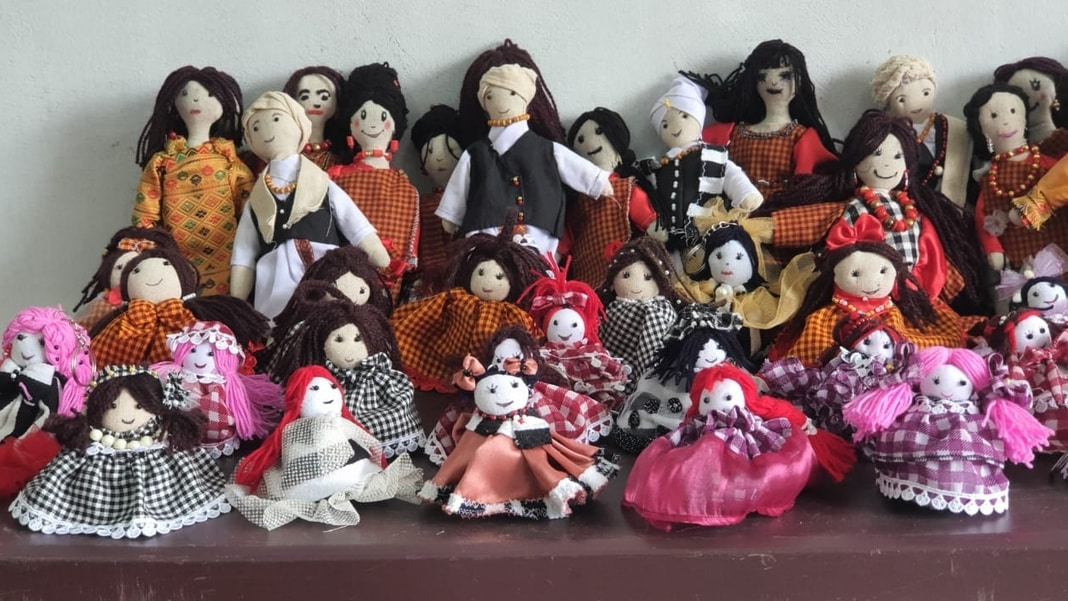Jowai, Aug 21: Why settle for mass-produced dolls when you can own a piece of cultural heritage with Khon Mu-ke dolls? These handcrafted dolls are more than just toys; they are a celebration of the rich traditions of the Pnar community in Meghalaya.
In an innovative move, The Society for Urban and Rural Empowerment (SURE), in partnership with the Meghalaya State Skill Development Society (MSSDS), has launched a unique training program to revive the art of making Khon Mu-ke dolls. The initiative is part of SURE’s broader mission to provide meaningful and culturally enriching skill development opportunities to the youth.
“We do not want to provide the usual run-of-the-mill training. Instead, we want to innovate and come up with new business ideas. This time, we want to revive the making of Khon Mu-ke, the traditional doll of the Pnar,” said Dr. H.H. Mohrmen, the head of SURE. The one-month training was held at SURE’s Training Centre in Thluwania, Ladthalaboh, Jowai, and saw enthusiastic participation from local youth.
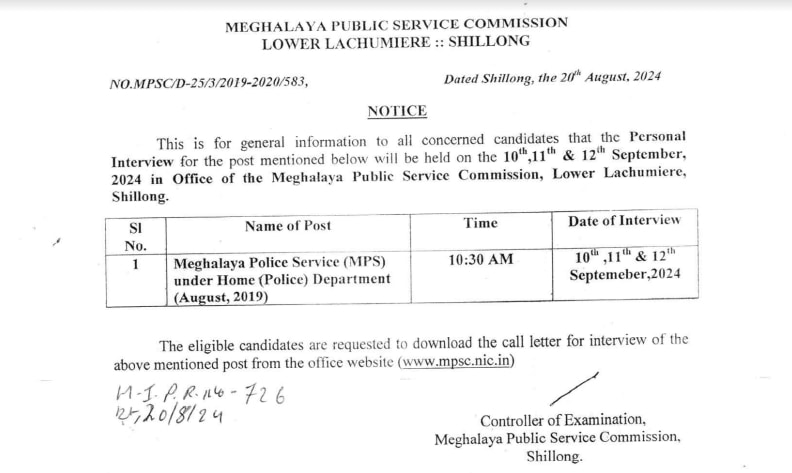
Master trainer Ibaphimon Shylla emphasized the uniqueness of Khon Mu-ke dolls. “This is not just another doll; the doll we are making is a traditional doll, unlike any other in the market,” she explained. The idea for the project was inspired by Dr. Mohrmen’s childhood memories of his late sisters crafting dolls from scraps of cloth. “Every society has its own tradition of doll-making, and in our tradition, we have Khon Mu-ke. The idea of making our doll is deeply rooted in our culture,” Dr. Mohrmen added.
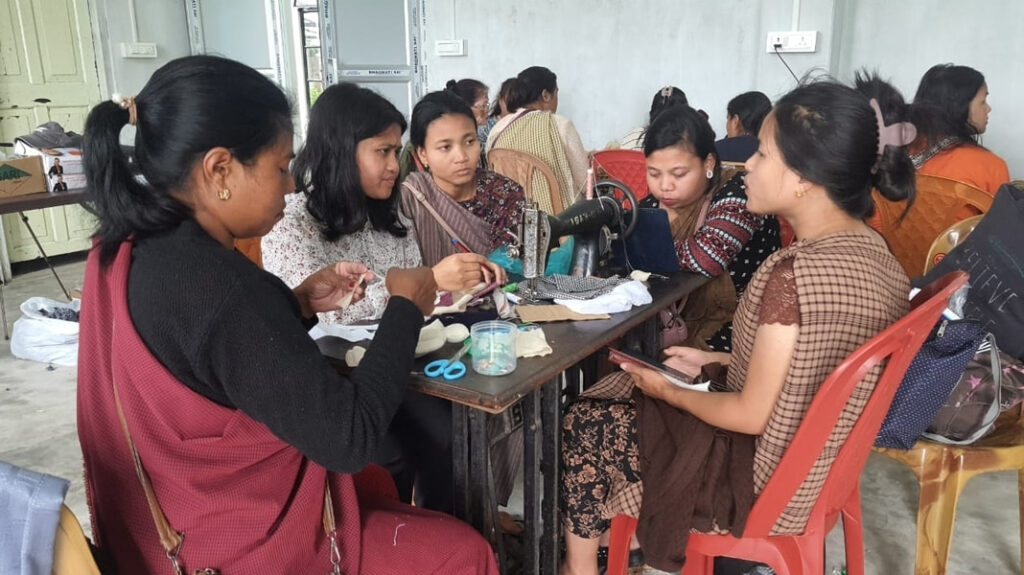
What sets Khon Mu-ke dolls apart is their authentic representation of traditional Pnar attire. “We try to make our dolls with a traditional look. The dress or attire will be as per our traditional dress, including khyrwang, thoh-saru, muka, ryndia, and even Pnar and Khasi saris for the female dolls,” said Ibaphimon. The dolls are also adorned with traditional Pnar ornaments like paila, khadu, laket, and kynji, making them both culturally significant and visually appealing.
Ibaphimon, a qualified fashion designer, collaborated with her sister Niwanka, who works as a Project Coordinator with SURE, to develop the training program. The dolls are made using materials from Ibaphimon’s tailoring shop, Phimon Boutique, located in Iawmusiang, Jowai. This approach not only reduces waste but also makes the dolls more affordable. “We are making three types of dolls—ordinary dolls, hanging dolls, and keychain dolls—to cater to different customer preferences,” Ibaphimon noted.
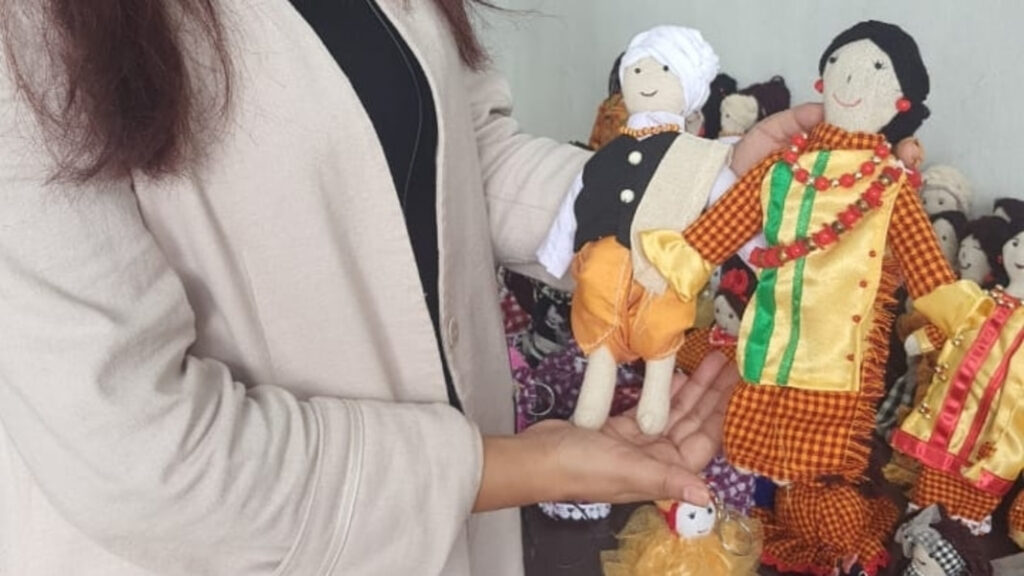
The market prospects for Khon Mu-ke dolls look promising. “Our immediate market includes souvenir outlets and tourist spots in the district, but we also plan to sell our dolls online and through social media platforms,” said Ibaphimon. She added that the dolls could also be used as return gifts during weddings, further expanding their appeal.
Participants in the training program are optimistic about the business potential of Khon Mu-ke dolls.
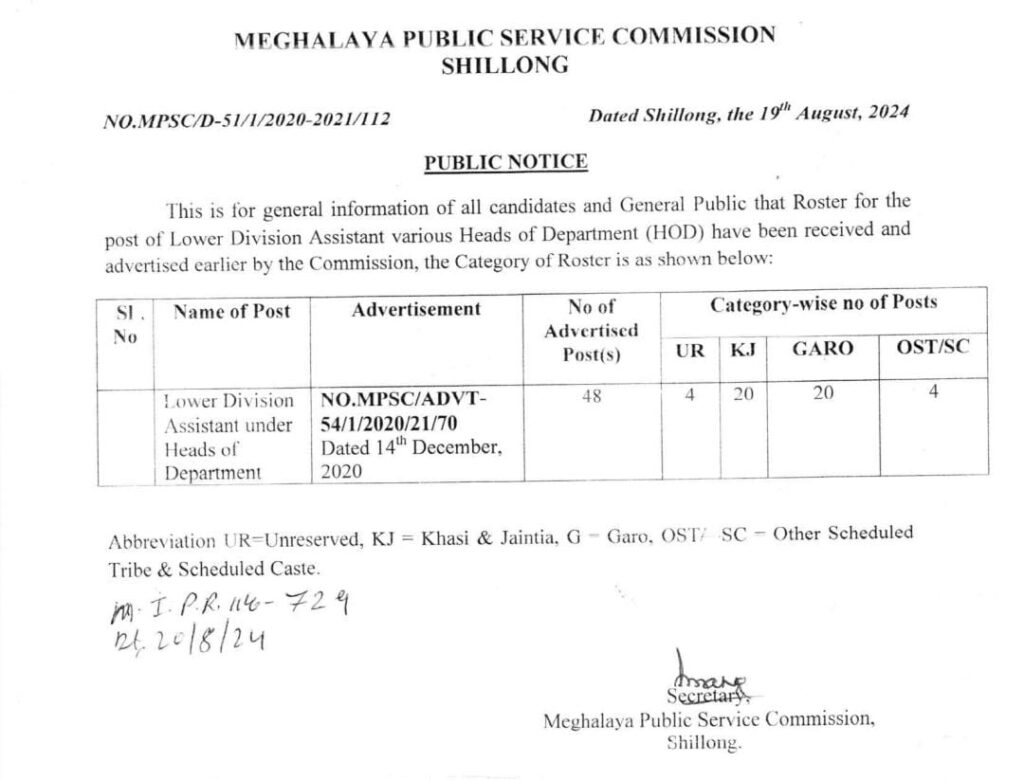
Lina Timung from Barato village sees doll-making as a scalable business that she can start small and grow over time. “I’m confident I will begin making dolls because my family has a tailoring shop, and I can use the waste cloth,” she said. Similarly, S. Suchiang from Jowai believes the training will help her start her own business. “Once we started uploading images of the dolls we made on social media, all our friends appreciated them and wanted to know if they could buy them. So there is a ready market for our dolls,” Shylla said with joy.
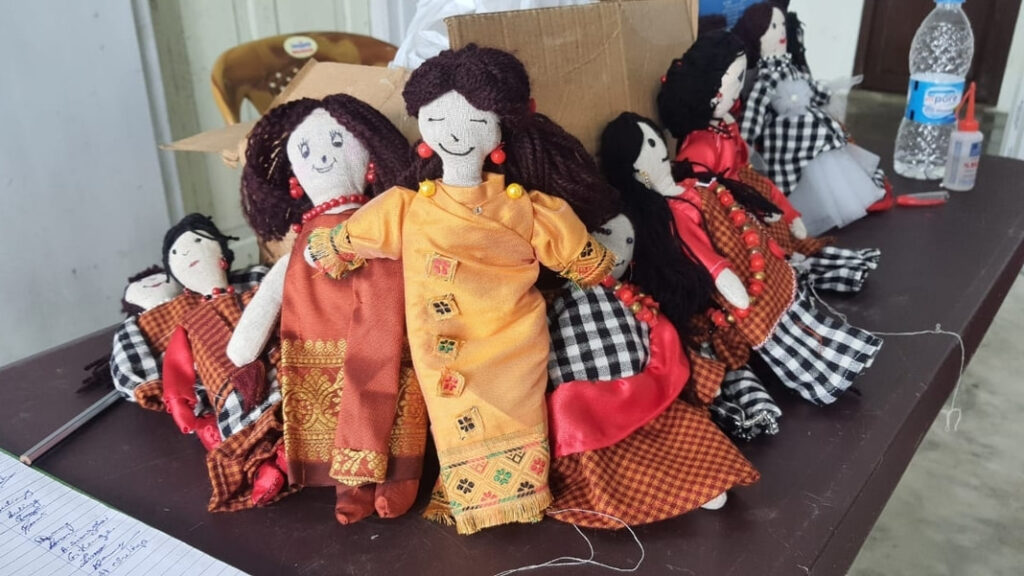
MARKET FOR DOLLS:
According to Statista, a global data and business intelligence the revenue generated in the dolls and stuffed Toys market in India is estimated to be INR US$258.9m in 2024. It is projected that this market will experience an annual growth rate of 5.36% from 2024 to 2028 (CAGR 2024-2028).

Taking into account the population figures, the per person revenue in India is approximately INR US$0.18 in 2024.
“The demand for traditional Indian dolls and stuffed toys is on the rise in India, as consumers seek to reconnect with their cultural heritage” Statista says.
Read: Nagaland: NH-29 connecting Kohima to Dimapur blocked due to incessant rain and landslides
WATCH:
Find latest news from every corner of Northeast India at hubnetwork.in, your online source for breaking news, video coverage.
Also, Follow us on-
Twitter-twitter.com/nemediahub
Youtube channel- www.youtube.com/@NortheastMediaHub2020
Instagram- www.instagram.com/ne_media_hub
Download our app from playstore – Northeast Media Hub



